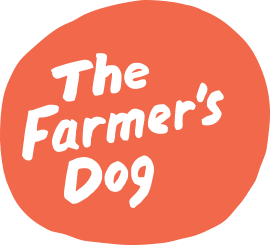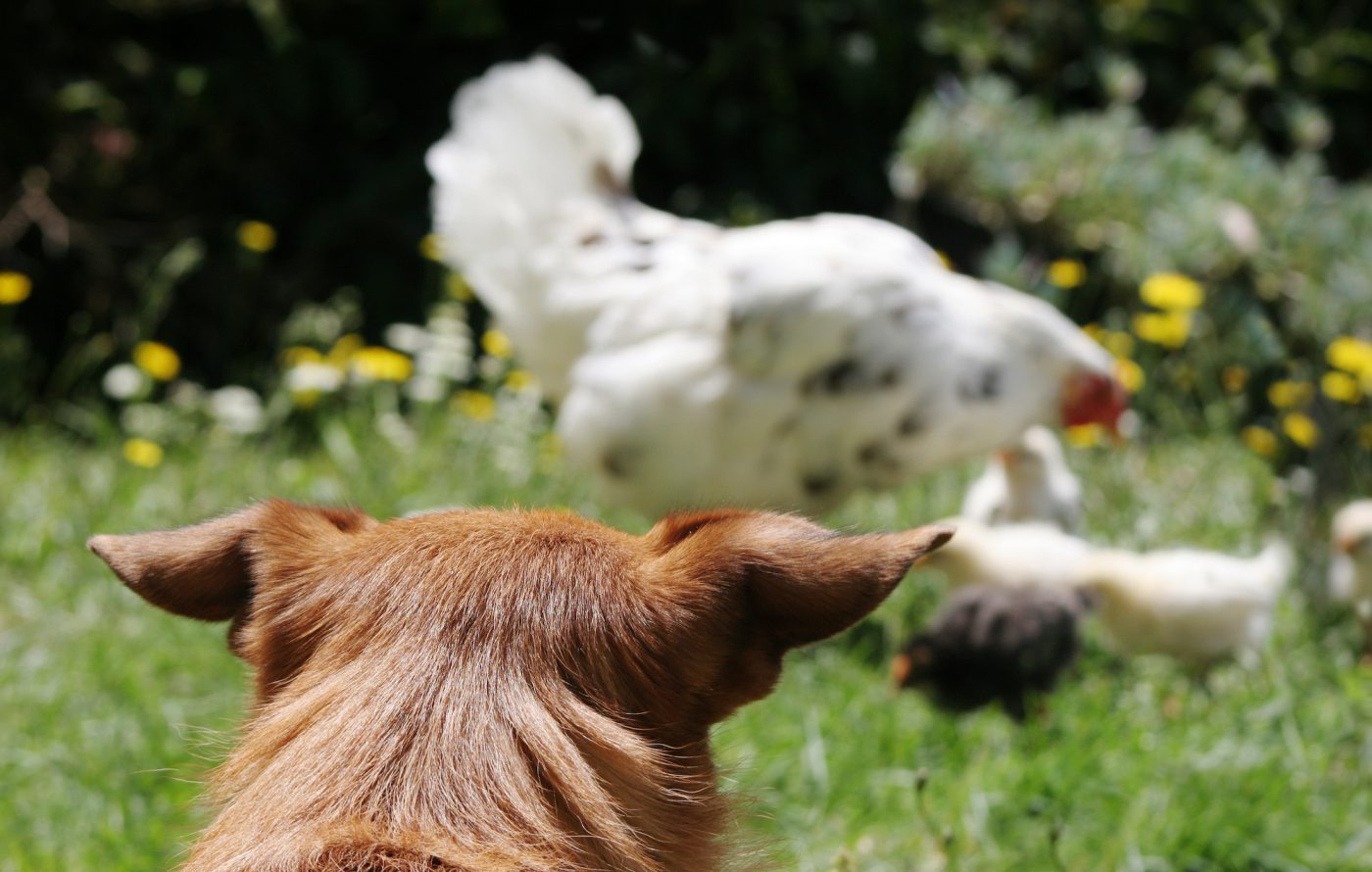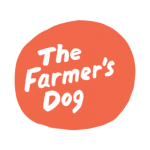Dogs can definitely eat eggs; if fact, they are something of a nutritional powerhouse. Not only are eggs packed with animal protein, but they contain all the essential amino acids your dog needs. Eggs are highly digestible and loaded with vitamins and minerals as well.
Key info on eggs
Eggs can be obtained from any number of poultry species but you’re most likely to feed your dog chicken eggs. One medium egg contains about 70 calories whereas a jumbo egg may contain up to 90 calories each. A single large egg contains about 5g fat, 6g protein, and less than 1g carbohydrates.
The benefits/drawbacks of eggs
Eggs have lots of benefits, and, in moderation, not many drawbacks if your dog likes and tolerates them.
Eggs are considered to be a kind of gold standard of protein, because they contain all of the essential amino acids necessary to be a“complete proteins,” and in a form that’s easily used by the body. Eggs are jam-packed with essential fatty acids, vitamins, and nutrients—eggs are also rich in vitamin D, vitamin A, vitamin B-6, iron, potassium, and magnesium.
The health benefits of eggs are numerous, including improved skin and coat. Because they’re highly digestible, they are great for pups who are not feeling well or recovering from stomach upset.
The protein in eggs can complement your dog’s daily diet, or act as a high-value treat without adding any unnecessary carbohydrates. As healthy as eggs are, they should not be the main source of protein in your dog’s diet. They should be a healthy, occasional addition to a balanced, fresh diet.
The main drawback of eggs is that they can contribute to weight gain and nutritional imbalance if overfed. Be mindful of your dog’s total caloric intake and ensure “extras” make up no more than 10% of their daily allotment. Some dogs may be allergic to eggs.

A hard-boiled egg is A-OK
How to feed eggs/how much to feed
There are plenty of ways to incorporate eggs into your dog’s diet, though they should always be cooked. You can serve your dog eggs pretty much any way you like them—scrambled, hard boiled, or poached—just make sure you’re not cooking them in butter or oil, or adding salt or other seasonings.
Feed eggs on their own or use as a protein-packed topper for your dog’s food. As with introducing any new food, start off slowly, gradually working up to larger amounts.
The amount of egg you can feed your dog depends on their size. Large dogs can safely consume up to one whole egg in a day while smaller dogs should be limited to one small egg per week, and no more than ¼ of an egg per day.
Make sure to factor in the extra calories you’re feeding—remember one egg is about 70 calories—and don’t exceed your dog’s daily caloric allowance.
If possible, feed your dog farm-fresh, organic eggs.
Another way that some dog owners feed eggs is to feed the shells. While we avoid shells in our eggs at all costs, eggshells can be a rich source of calcium for your dog. And that membrane that you peel off a boiled egg? It’s also a nutrient rich food for dogs, containing glucosamine, chondroitin, and collagen, which can help with joints (one study showed that feeding dogs egg membranes can help alleviate arthritis). Some caveats here: if you’re feeding a complete and balanced diet of fresh food, you don’t need extra calcium so you should avoid adding eggshells to your dog’s diet. If you’re cooking at home or your vet has otherwise indicated that a calcium supplement is a good idea, dry out eggshells, grind them and sprinkle a very small amount (a half teaspoon for a medium or large dog, and even less for smaller dogs) on your adult dog’s food (avoid eggshells for puppies).









